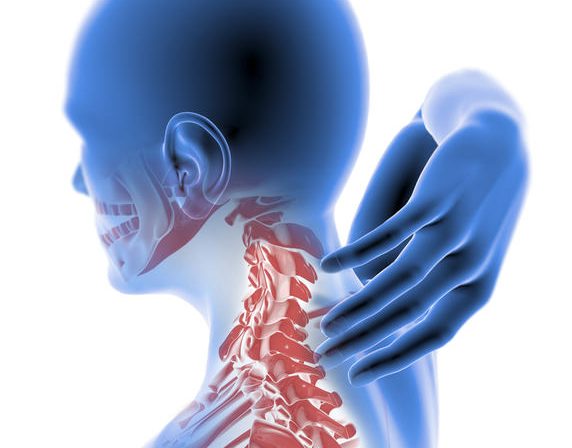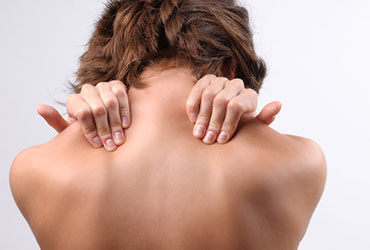Cervical Radiculopathy Pain Treatment in Morgan Hill
If you are seeking effective cervical radiculopathy pain treatment and relief in the Morgan Hill area, trust our experts at Allied Pain & Spine Institute. Commonly referred to as a pinched nerve, cervical radiculopathy is a condition that occurs when there is pressure on the nerve roots as they exit the spinal column. The condition is often mistaken for mechanical neck pain where the pain usually starts in the neck before spreading to the upper back and shoulders. Conversely, the pain from cervical radiculopathy typically spreads further down the arm than mechanical neck pain.
Causes
The primary risk factors of cervical radiculopathy are conditions such as degeneration, herniated disc, and spinal instability that can cause pressure on the nerves in the spinal column.
- Degeneration:
- This condition occurs when there are changes in the bones and soft tissues. Over time, degeneration can result in bone spurs. These bone spurs may press against nerves, which may cause symptoms of cervical radiculopathy.
- Herniated Disc:
- Body motions such as consistent bending, twisting, and lifting may place extra pressure on the shock-absorbing nucleus of the disc. When the herniated disc material presses against a nerve root, many people experience symptoms of cervical radiculopathy including pain and weakness in the area where the nerve supplies.
- Spinal Instability:
- This term is used to describe any extra movement among the bones of the spine. Spinal instability can irritate the nerves of the neck, which ultimately causes symptoms of cervical radiculopathy.
Symptoms
Many of the symptoms of cervical radiculopathy are the result of pressure on an irritated nerve. The most common symptoms of this condition include:
- Shoulder, arm, or hand weakness
- Numbness
- Tingling
- Poor reflexes
- Pain
Treatments
While there are several treatments available for cervical radiculopathy, most doctors would recommend nonsurgical options before pursuing more invasive treatments. Along with relieving symptoms of the condition, the most effective treatments will safety advance patients’ strength and function. Here are the most used treatments for cervical radiculopathy.
- Medication Management:
- Narcotic medications such as morphine and codeine can be used for the first few days or weeks after the symptoms of cervical radiculopathy have started. A doctor may also prescribe muscle relaxants to relieve neck muscle spasms. Anti-inflammatory medications like aspirin and ibuprofen can also be incorporated into a safe and effective medication management plan.
- Physiotherapy:
- In order to promote optimal strength, mobility, and function, most providers will suggest physiotherapy treatments for their patients. During this type of treatment, the physiotherapists may incorporate massage and exercise into the rehabilitation program. Physiotherapy may help calm muscle pain and spasms.
- Functional Capacity Evaluation:
- Towards the end of the rehabilitation program, a therapist may help patients return to work and other daily activities by performing a comprehensive functional capacity evaluation. This treatment is a set of tests that are designed to determine the capacity in which a patient can function in a variety of situations. The assessment will evaluate activities like walking, hand grasping, reaching, crouching, and balancing.
To determine if this treatment is right for you, contact Allied Pain & Spine Institute in Morgan Hill today to schedule a consultation with one of our specialists.



